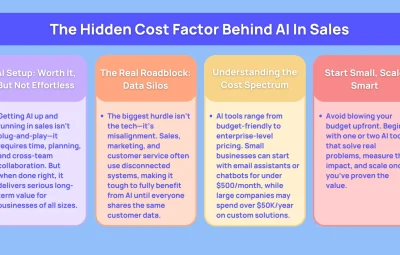A tax is any specific financial burden or any kind of tax levied on a taxpayer by either a government agency or an institution to finance various public expenditures and government spending. Evasion of or refusal to pay is also punishable by law. The tax system in the United States is based on progressive taxation. A tax amount increases as the income of the taxpayer increases. For example, a corporate tax is different from a homeowner’s tax.
There are two kinds of taxes: direct and indirect. A direct tax is charged when income or value is obtained directly from the person who has received it. An example of a direct tax would be the income tax. On the other hand, an indirect tax occurs when a person indirectly receives income or service. An example of indirect tax would be a sales tax.
A number of different types of indirect taxes exist. These include estate and gift taxes, property taxes, and sales taxes. Each type of indirect tax has its own tax structure. Many states also have additional taxes known as carotenoid and franchise taxes.
One important thing to remember about paying taxes is that paying a tax does not mean you didn’t do something. If you receive an inheritance, for instance, you may not have paid taxes on the inheritance directly, but you did indirectly pay taxes on the taxes of the landowner. By paying taxes on the inheritance, you indirectly assisted the owner in paying his inheritance taxes. The landowner might have died several years before you received the inheritance, but the amount of taxes was paid by you. You may not be able to claim an inheritance tax credit, but claiming a tax debt is possible.
The most common way to avoid paying taxes is to buy something that is not taxable, and then write the difference down on your tax return. However, if the item that you bought is a depreciated product, which has become a vintage item, it will not be considered a vintage item and will not be written off. However, the amount of money saved by purchasing such an item may still be considered a tax debt. If you do not have enough money to purchase the item, you can save money by selling the product in an auction or selling it through a private sale. A lot of money can be saved by not paying the full amount of taxes.
One of the other ways to avoid paying taxes is to hold onto unused property. By holding onto the property, you can claim depreciation on it. In general, people are reluctant to let go of their homes and properties, but in case of an emergency, they often find themselves unable to pay the taxes. This leaves them in a situation where they must sell the house or property. Auctions are a good way for people to be able to get rid of property that they do not need. If you have a large amount of unsold property after paying taxes and sales tax for years, then you can always opt to re-list the property, and be able to pay off all your taxes and sales tax with a bit of profit.







